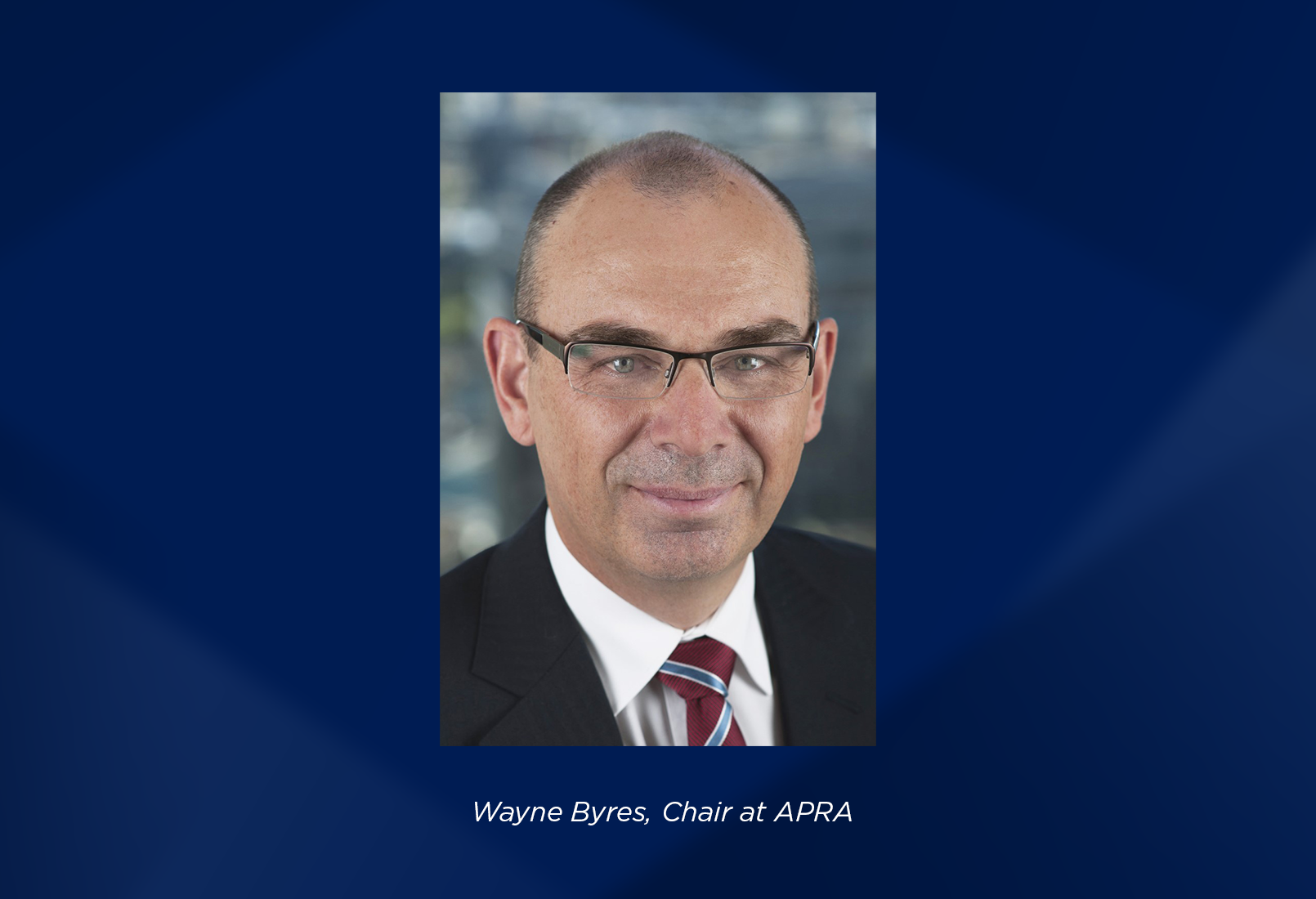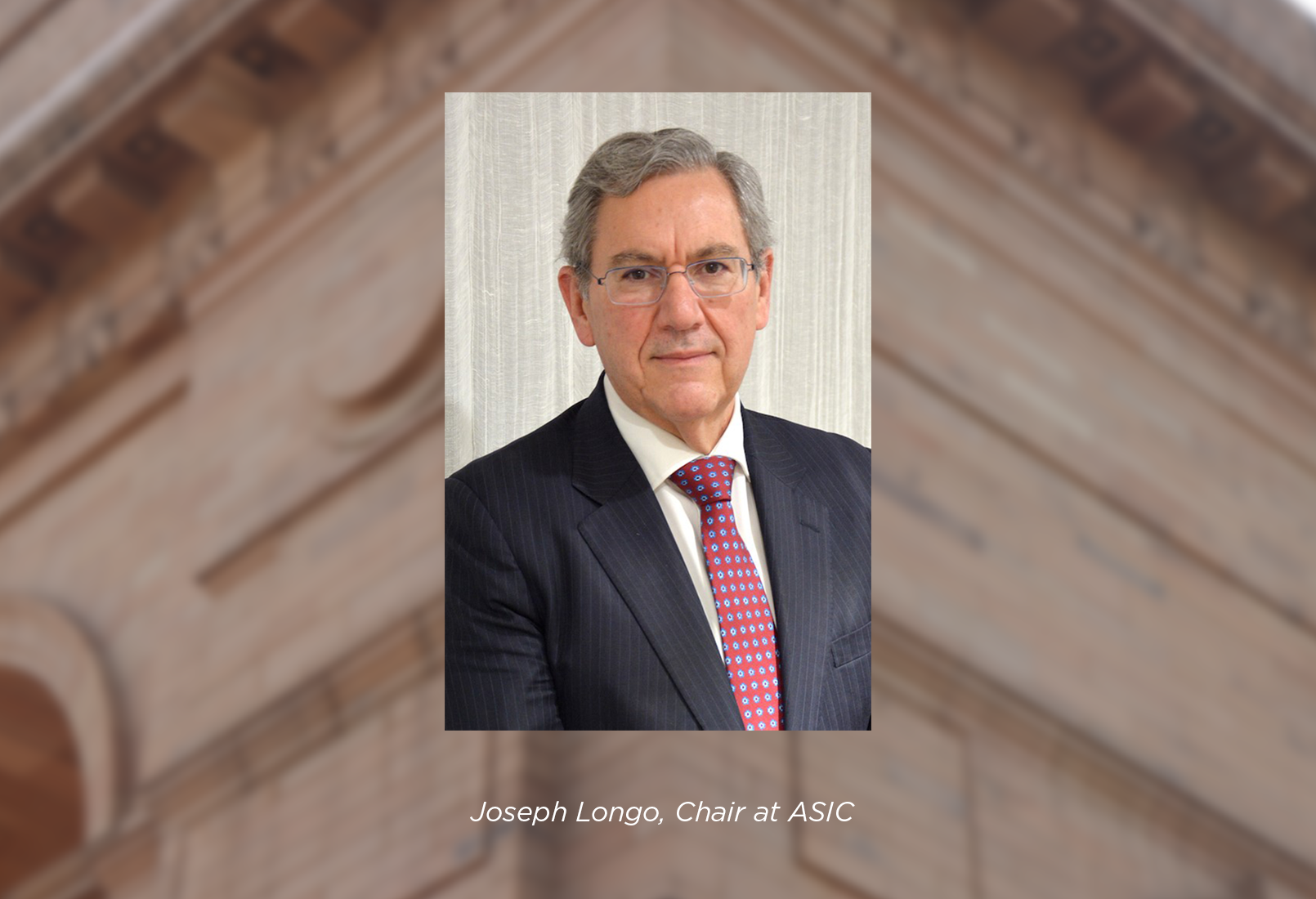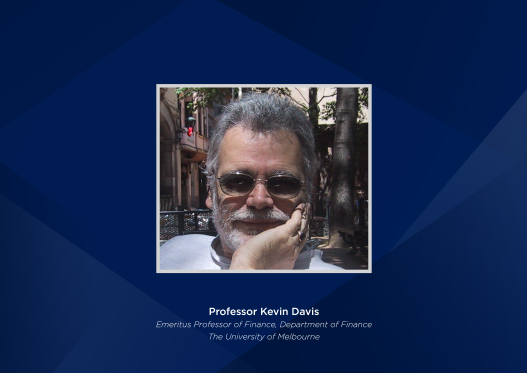The ASIC Chair - who will be outlining the corporate regulator’s priorities for the second half of 2022 at FINSIA’s agenda-setting The Regulators - is clearly focused on the phenomenon used by 800,000 Australians.
“The current regime doesn't go far enough in dealing with this new asset class of cryptocurrencies,” he told the Australian Banking Association’s inaugural conference.
“For many Australians, there's a real issue about whether they understand what it is they're investing in. We just don't have the traditional protections.
“There are thousands of versions of these currencies that can be traded anywhere on the world. And this clearly generate a lot of excitement.
“It's deemed to be innovative. But I think the quicker we are able to regulate this space in a way that gets the balance right between wanting to be innovative, and consumer protection and investor protection.
“I am very concerned that we are dealing with a rapidly growing asset class that I think many Australians don't really appreciate is outside of the normal perimeter of regulation and protection.
“This is a something that I know the government is focused on. The Council of Financial Regulators and Treasury are working very closely together at the moment.
“As far as ASIC is concerned, I think there's a foreshadowed role for us to license digital currency exchanges.”
An existing licensing regime could be extended so that the regulator can cover crypto.
Mr Longo said he believed “a lot of people” would welcome some regulation. He added that the sector needed to be put on a sound footing.
“We want consumers and investors to be confident in their investment decisions, and to make their own investment decisions, and make their own decisions about what risks are prepared to take,” he explained.
“But as things stand, we're not quite there yet. I think there's a lot of the work ahead of us.
“And the only thing I'd say is, I think this works urgent.
“The growth in this space, in the short time I've been Chair, people ask me, "Oh, well, how's it going?" I was a bit surprised at how quickly this phenomenon has grown and has assumed a lot more of my time than I expected before I started.
"So this is something that requires attention, it's getting attention, but we need to, I think we do need to make these decisions as quickly as we can.”
Mr Longo made the comments on a panel with APRA Chair Wayne Byres SF FIN who was also asked how regulation was evolving so it balanced both innovation on the one hand, but consumer protection on the other.

Mr Byres responded, highlighting the need to
“Everyone wants innovation. Everyone wants convenience and no one wants risk and that's always challenges to get that balance right,” he said.
“In a regulatory world, it's important that regulators stay up to speed, but it's equally important they don't try and get ahead.
“We need a sufficient regulatory framework that actually allows those who want to innovate, those that want to compete to do so. Sort of knowing the rules of the game and with enough freedom in the rules of the game to do that.
“So what's important, I think from a whether it's a prudential perspective, or a conduct perspective, or a payment system efficiency effect perspective that the reserve bank would be interested in, is that we don't look at those things in isolation, but we are trying to look at it from a whole of government, the whole of community perspective.
“The important thing for regulators like us and ASIC and others who are in this game is really just to make sure we get the basics right. And the basics are making sure regulatory frameworks are technology neutral, making sure that it's principles based, and then making sure that as they're framed up, they're framed up from a whole system perspective.”








